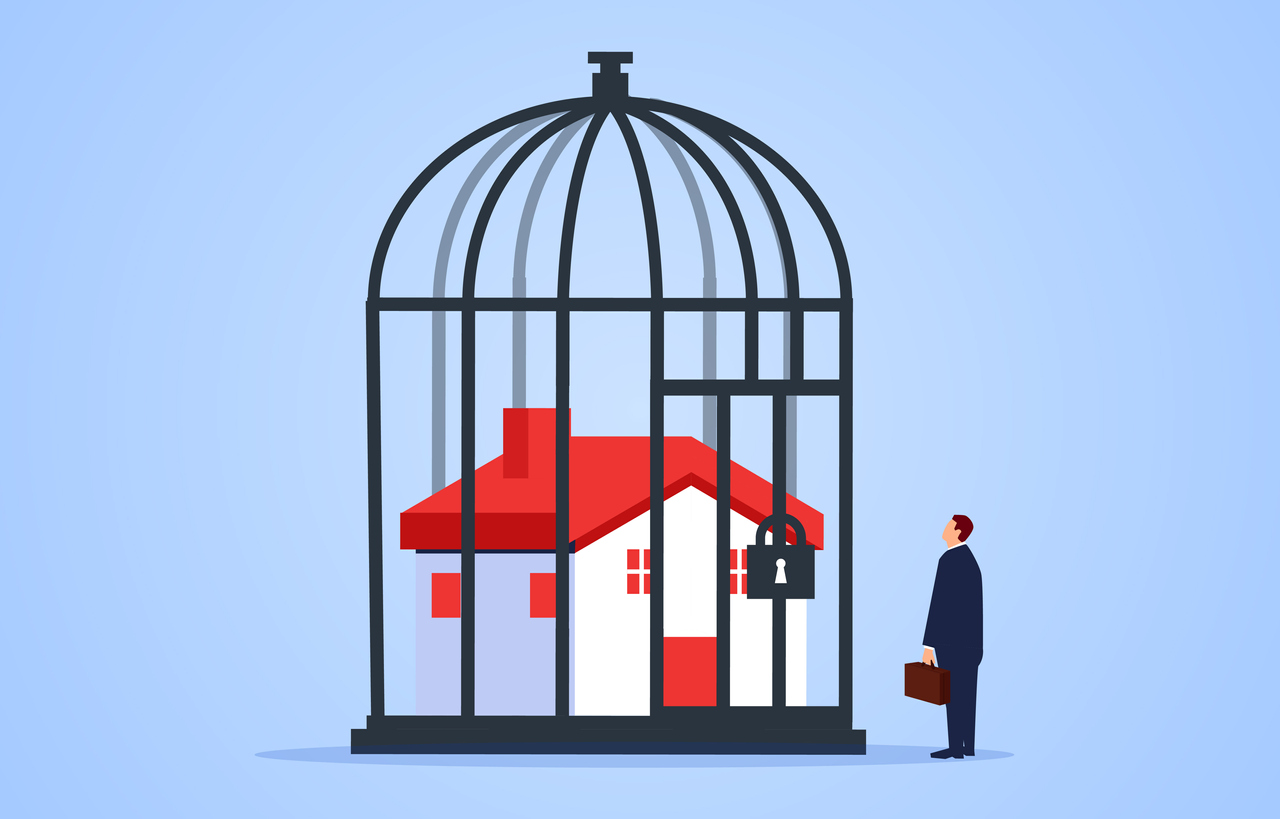Question from:
Jenny R
Question:
If I am forced to sell down investments to make ends meet, where do I start if I have super, shares, property and why?
Hi Jenny,
Thanks for reaching out with a question that I’m sure a lot of people are asking themselves in the current climate. There are a lot of things to consider when looking at selling down investments so I’m going to summarise some of the key areas that you should assess when determining the best course of action.
Alternatives
Assessing alternatives should always be the first thing you consider when trying to ascertain whether you should sell investments. A big mistake people make is rushing into a decision without understanding the consequences or without thinking about what alternatives are at their disposal. Always make sure that you have assessed all alternatives before selling down an investment.
Timeframe
A massive consideration is how quickly you require funds. For example, if you have a short-term need, selling a property is likely not the way to go due to the process involved (campaign, finding a buyer, settlement etc.). Conversely, shares are often quicker to sell and the money is typically in your account within a matter of two to three days. Superannuation is also an interesting one to consider as access is typically restricted based on age. As most people are aware it is possible to gain access if you meet the criteria for early release due to COVID-19. The key message from me on early Super access is make sure you understand the long-term impact that this might have, and you should only be opting for this if you have no alternative.
Long term outlook
Something that is incredibly important is determining which assets have the best long-term prospects. You may hold an investment which you feel has performed well and is now at full value versus an investment with great scope to grow in the future. If you are forced to sell an investment you want to ensure that you aren’t sacrificing potential gains if you have that option. Understanding the long-term potential of the investments you hold is crucial in deciding what to sell and what to keep.
Tax
Taxation outcomes need to be considered when thinking about selling your investments. This will mainly be determined by 4 components:
- When did you buy the investment?
- What did the investment cost?
- What is it worth now?
- What structure did you buy it in (Super, personally owned, company etc.)?
I would always suggest seeking assistance from a good accountant when dealing in tax matters to ensure that you understand the potential consequences of selling an investment.
Other costs
Understanding if there are any other costs besides tax is pivotally important when assessing which investment to sell. For example:
- Shares – You will have to pay brokerage costs for each parcel of shares you sell
- Property – Agent’s commission, marketing fees, conveyancer fees etc.
- Superannuation – Similar to shares in that you will likely incur costs to sell investments before withdrawing funds
Potentially the biggest cost of all is the opportunity cost involved if you rush to sell. By selling you are ‘cashing in’ the investment and potentially realising a loss. This can be compounded over time as you will likely miss out on any ‘rebound’ if you can’t buy back in.
Conclusion
There are many considerations involved when determining which investments you want to sell to make ends meet. Without having all the relevant information it’s hard to say which approach is most appropriate, however, the above areas should provide some guidelines when making a decision. If you can, I would seek assistance before making any investment decisions given you’re talking about multiple investment types and structures.






















